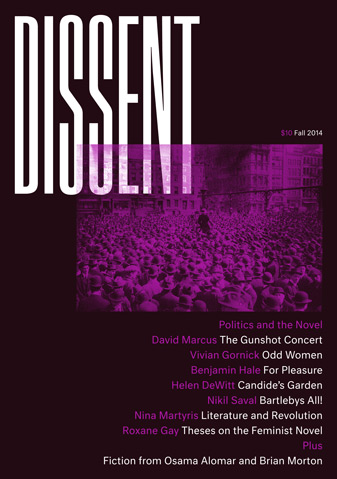“Race”: a Political WeaponPosted in Articles, History, Law, Media Archive, Politics/Public Policy, Social Science, United States on 2014-12-14 01:40Z by Steven |
Counterpunch: Tells the Facts and Names the Names
2014-12-03
Luciana Bohne, Professor
Edinboro University, Edinboro, Pennsylvania
“The racial categories included in the census questionnaire generally reflect a social definition of race recognized in this country and not an attempt to define race biologically, anthropologically, or genetically.”
According to a widely circulated statistic, the police kill a young black man every twenty-eight hours in America. Without doubt, the police have a problem with race. Moreover, the justice system appears to have a problem, too, as proven by the Grand Jury’s failed indictment of Darren Wilson in the killing this summer of young Michael Brown in Ferguson, Missouri. The failed indictment does not mean that Wilson is innocent; only that he will not be brought to trial. This is a terrible perversion of the path to justice. It suggests deliberate prevention of trial on the nearly 100% certainty that Wilson would be found guilty if tried. I am disturbed, however, by the well-intentioned flagellants among the white, non-racist community virtually calling for “America’s” white male blood, metaphorically speaking. I am disturbed because this is the wrong response to the judicial outrage in Ferguson. We should be calling for ruling-class blood, not dividing ourselves into blacks and whites. Isn’t this division a benefit that our divide-and-rule oppressors hardly deserve? Let us not play with the cards in their deck.
To begin with, is “America” racist? Real, existing Americans voted for a black candidate for president, one, moreover, who ticked off only the “African American” category on race in the US Census of 2010. In choosing the less privileged racial group than white, Obama adhered to the principle of “hypo descent,” which the US has traditionally used to determine the race of a child born of a mixed-race union. We have a black political class in the Congress; a black Supreme Court justice; two blacks have been secretary of state (one a woman). We have not one institution in which blacks don’t figure more or less prominently. Mixed marriages have been legal since 1967. In 2008, about 14% of all first marriages were mixed race; 9% of whites, 16% of blacks, 26% of Hispanics, and 31% of Asians were interracially married…
Read the entire article here.


